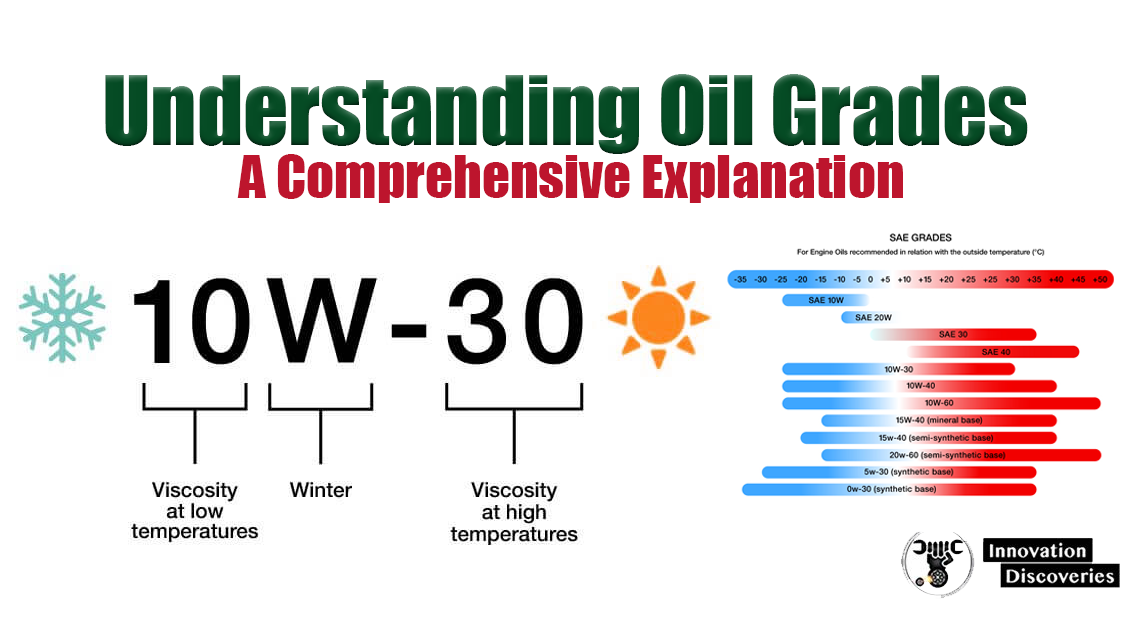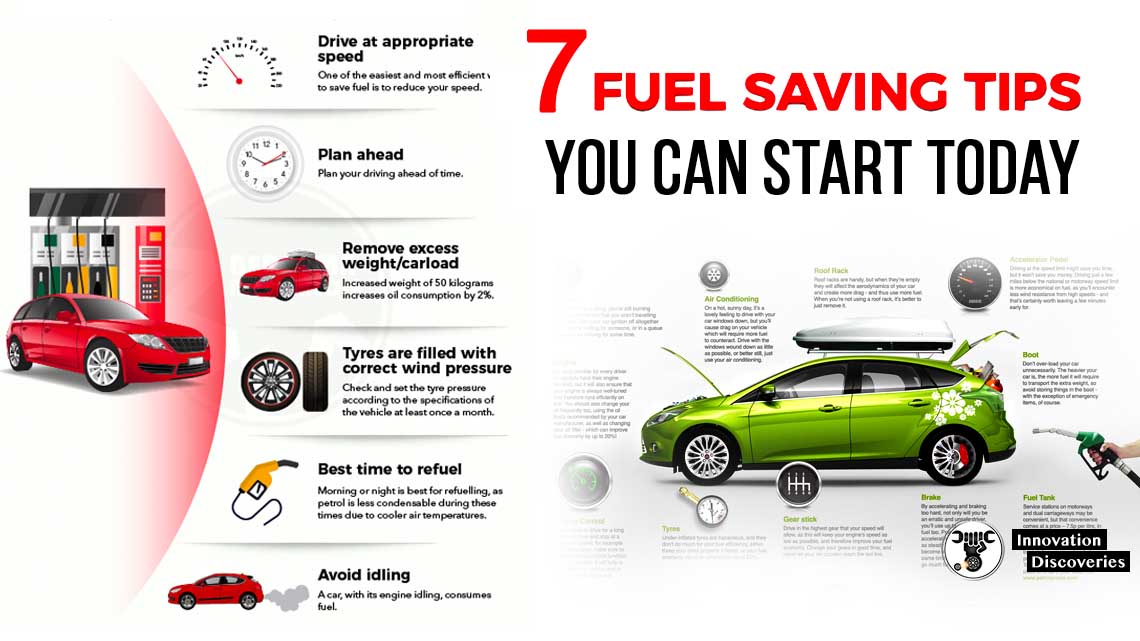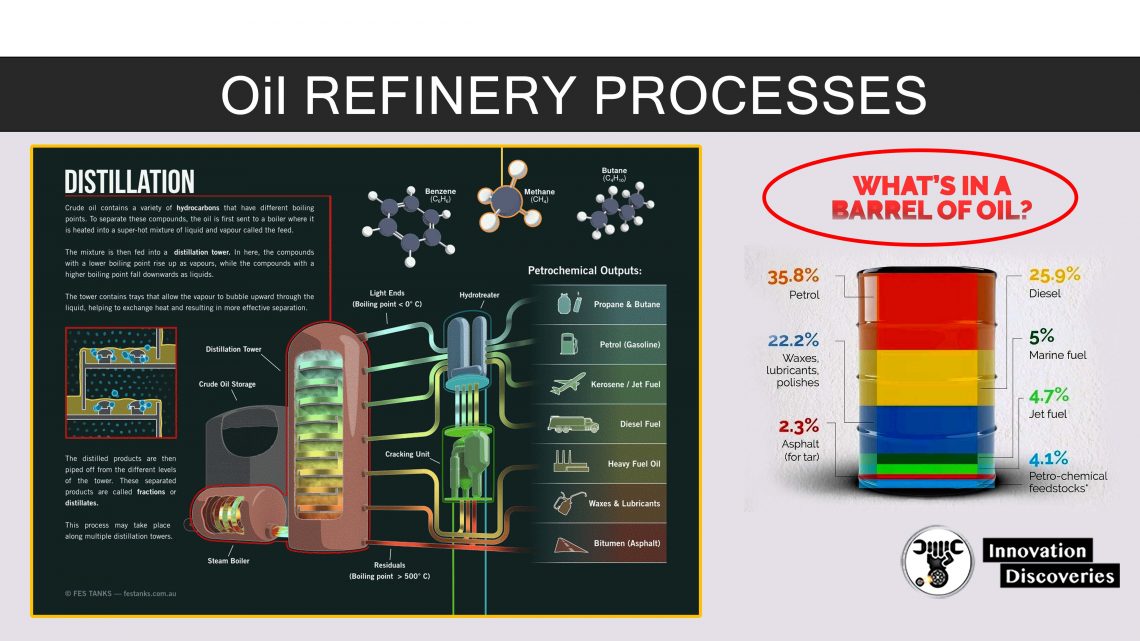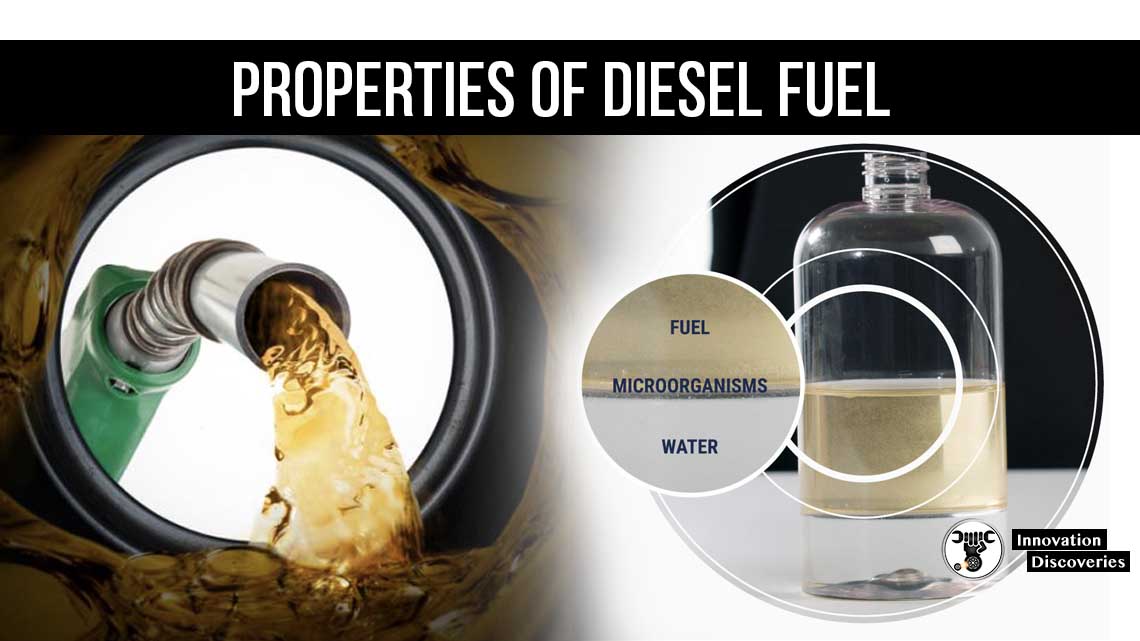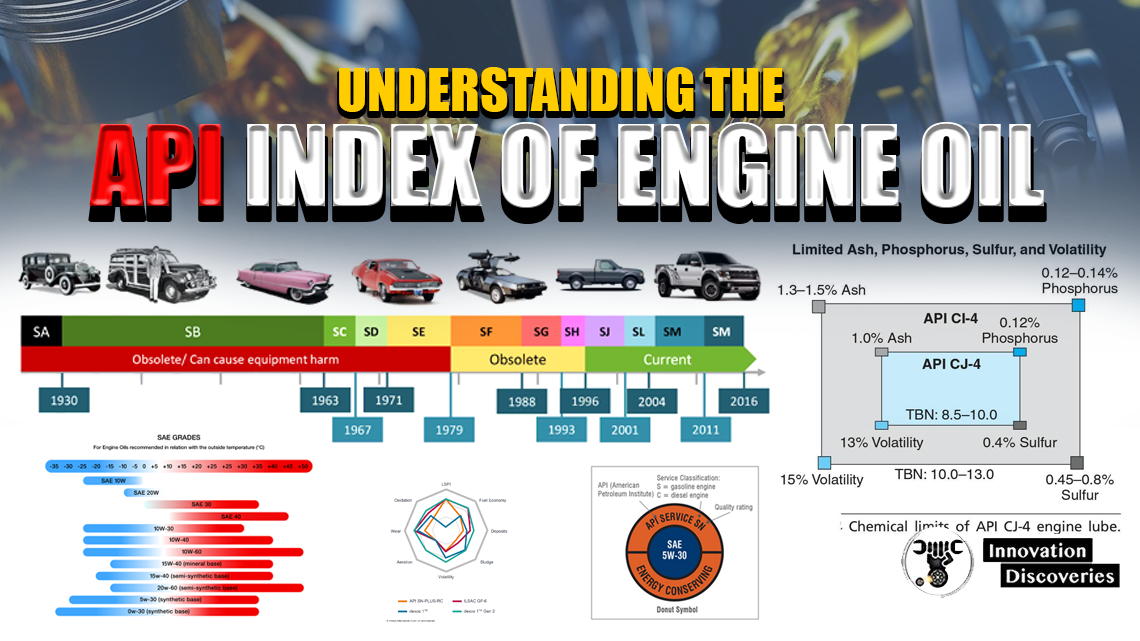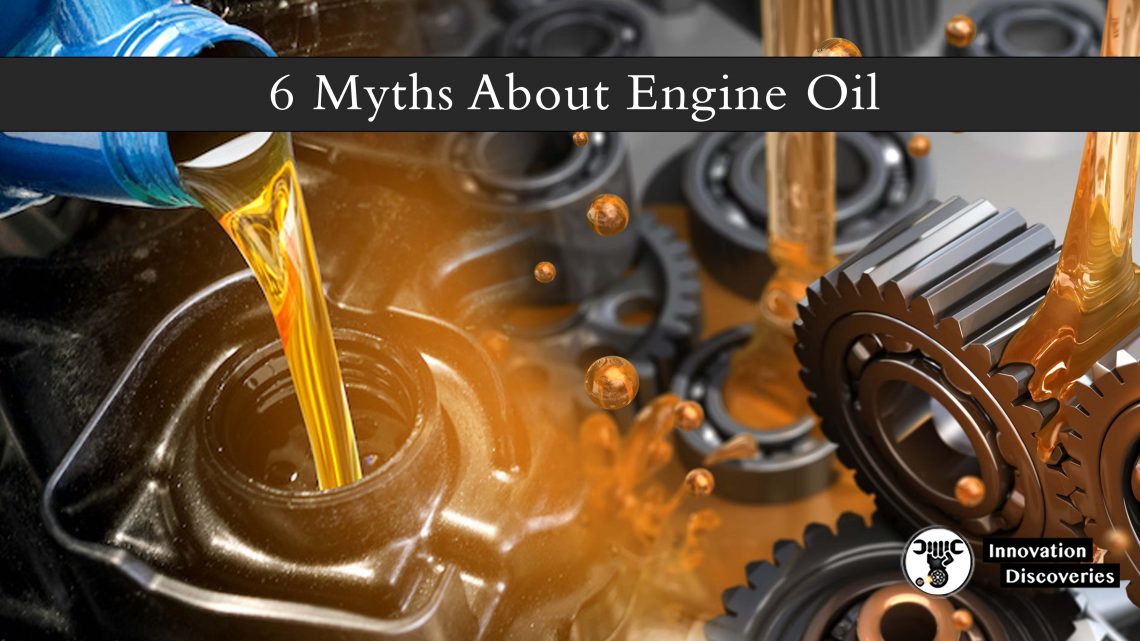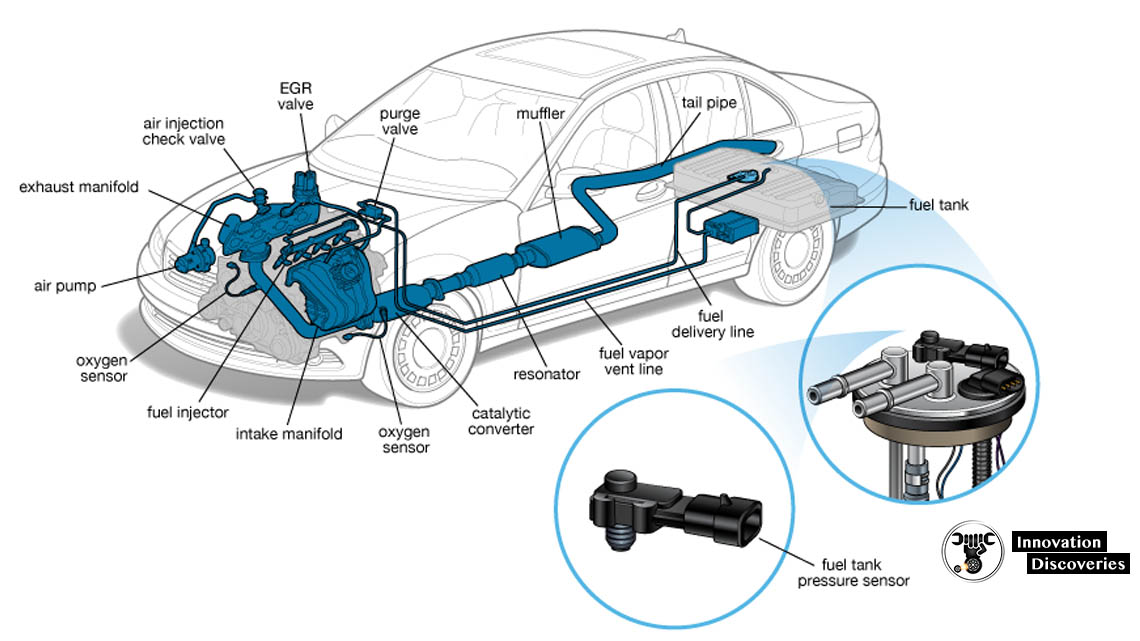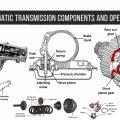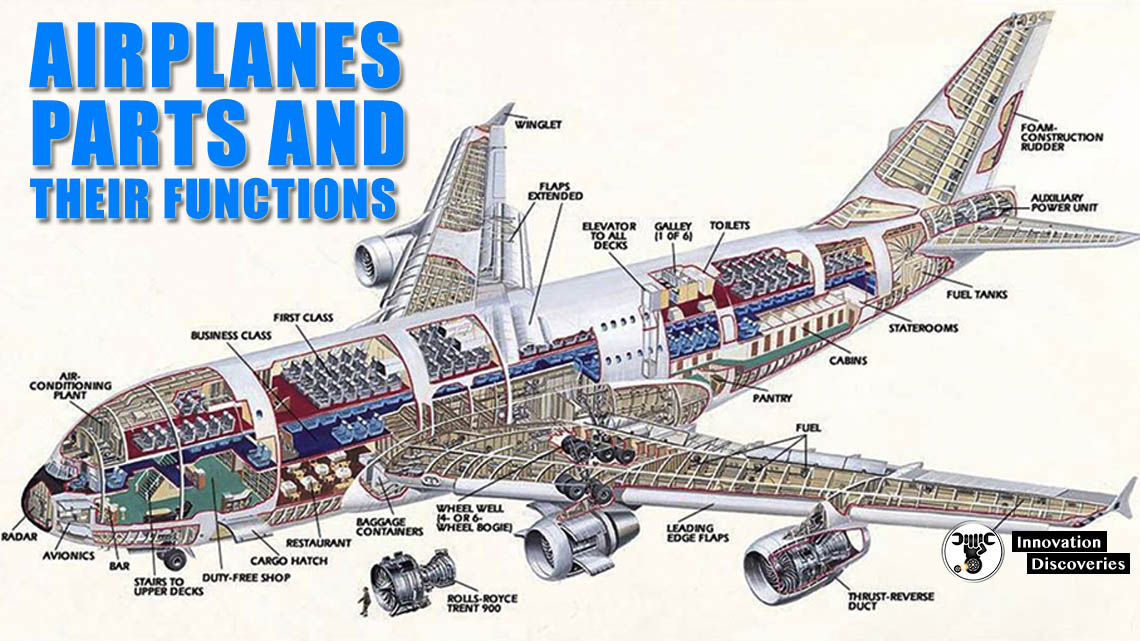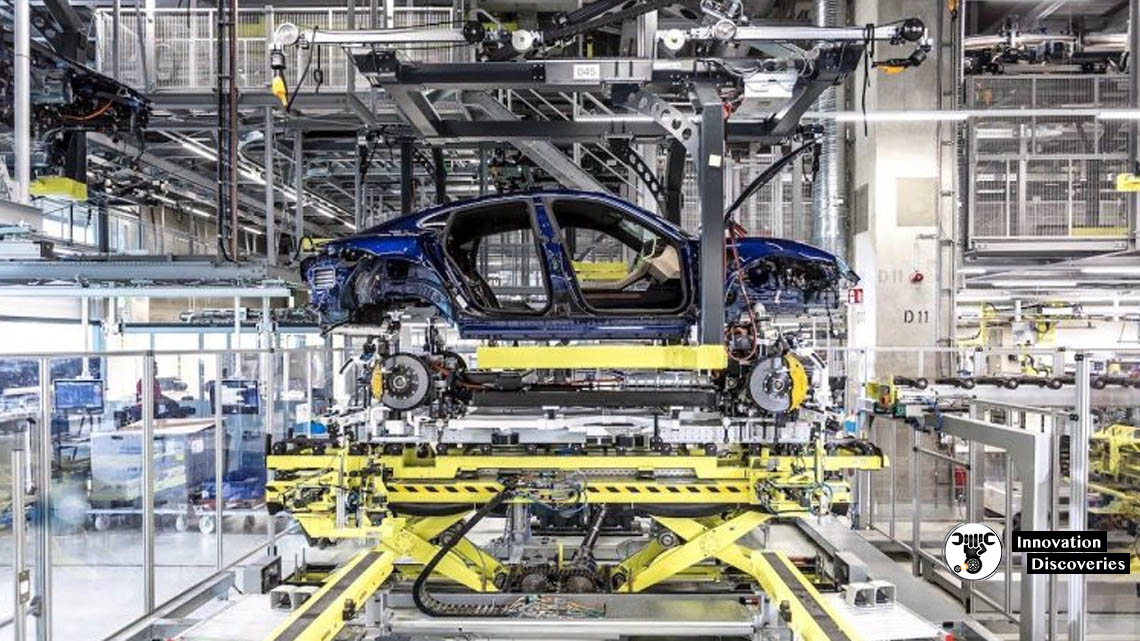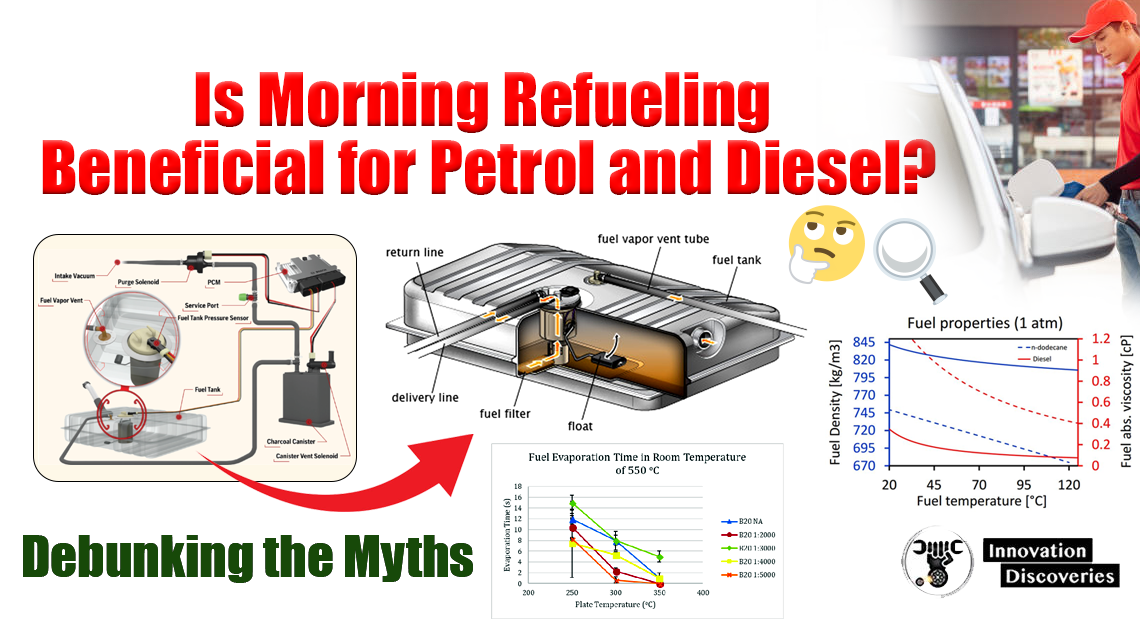
Introduction:
When it comes to refueling our vehicles, we often encounter various tips and tricks that claim to enhance our fuel efficiency and save us money. One common suggestion is to refuel in the morning, citing reasons such as fuel density, evaporation, faster service, and freshness. But how much truth is there to these claims?
In this article, we’ll examine the popular notion of refueling in the morning and explore whether it truly offers any substantial benefits.
Fuel Density and Temperature:
One argument in favor of refueling in the morning revolves around fuel density. It is believed that cooler temperatures during the early hours of the day result in higher fuel density.
This claim suggests that by refueling in the morning, you’ll get slightly more fuel for the same volume, potentially leading to improved mileage.
While there may be some scientific basis to this argument, the actual impact on fuel consumption is minimal and may not be noticeable in everyday driving conditions.
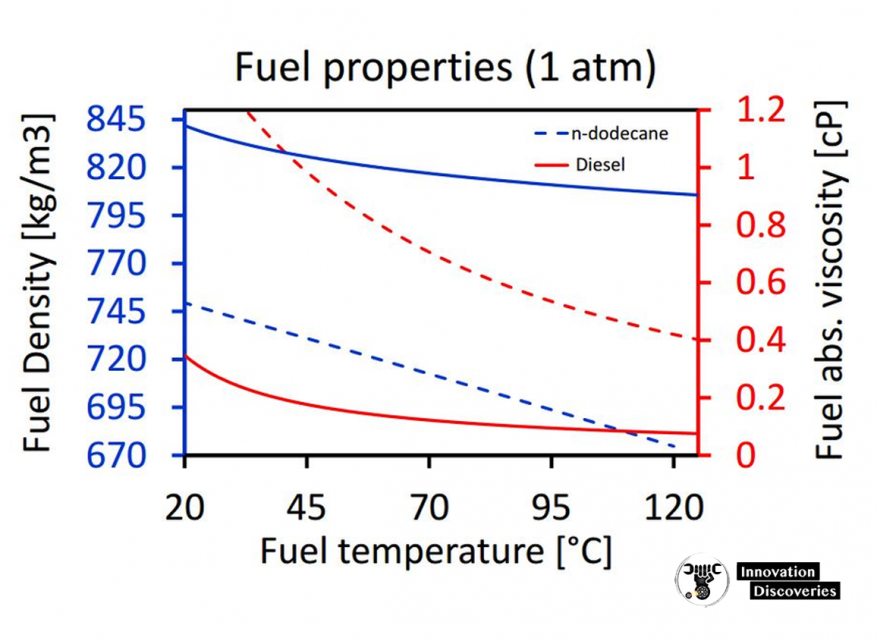
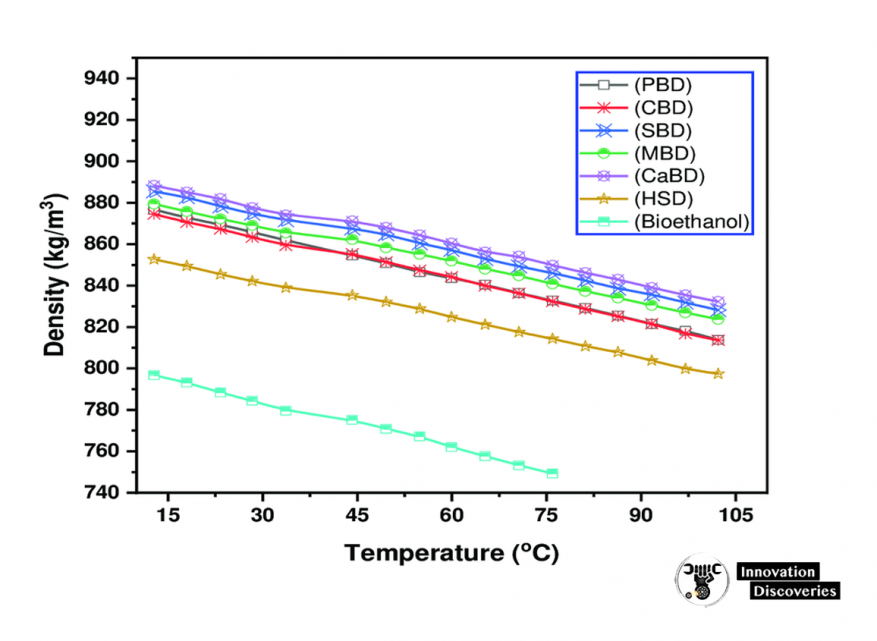
Fuel Evaporation:
Another often-cited reason for refueling in the morning is the reduced likelihood of fuel evaporation. Gasoline and diesel fuels are volatile substances that can evaporate over time, especially in warmer temperatures.
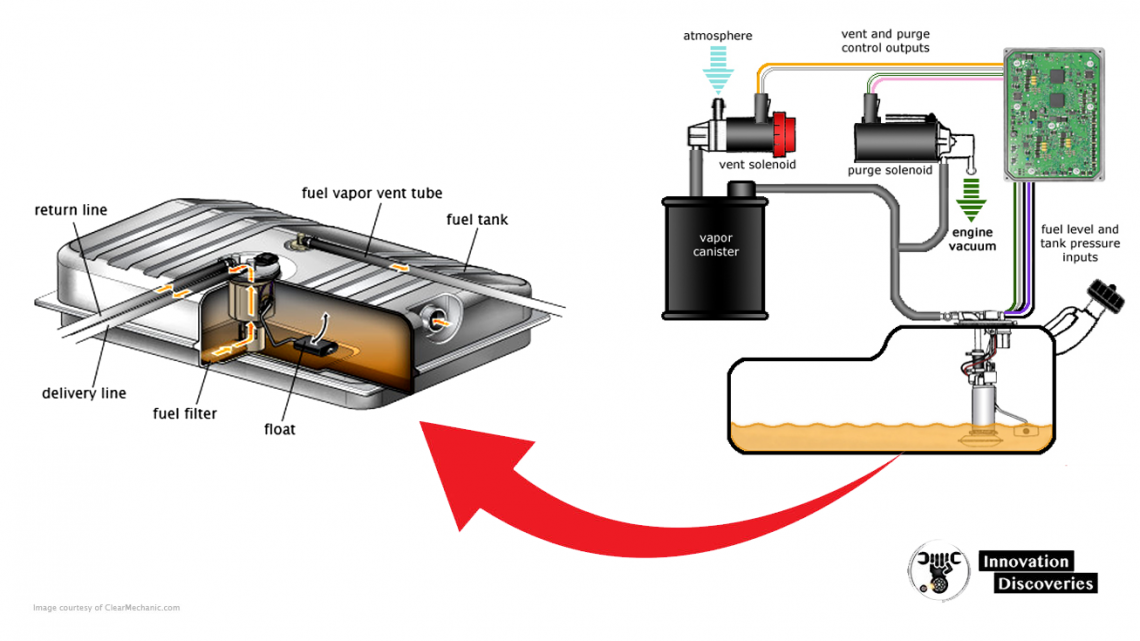
By refueling when the underground fuel tanks at gas stations are cooler, it is believed that less fuel will be lost to evaporation during the pumping process.
While this may be true to some extent, the difference in fuel loss between morning and afternoon refueling is generally negligible.
Time-Saving and Convenience:
Refueling in the morning is sometimes recommended due to the assumption that gas stations are less busy during this time, particularly on weekdays.
The idea is that by choosing the morning hours, you can avoid long queues and reduce the time spent waiting at the pump. While this might hold true in certain situations, it largely depends on your specific location and the time you choose to refuel.
Modern gas stations often have multiple pumps and efficient service, minimizing any time differences between morning and other periods of the day.
Fresh Fuel Delivery:
The argument that morning refueling ensures a fresh fuel supply is based on the assumption that gas stations receive deliveries overnight or early in the morning. It suggests that by refueling in the morning, you are more likely to receive fuel that has been recently delivered, ensuring a clean and uncontaminated supply.
While fuel freshness is important, reputable gas stations prioritize maintaining fuel quality throughout the day, and any potential sediment or contaminants are unlikely to significantly impact your vehicle’s performance.
Conclusion:
While the idea of refueling in the morning may sound appealing, it’s essential to separate fact from fiction. The benefits associated with morning refueling, such as improved fuel density, reduced evaporation, time-saving, and fresh fuel delivery, are generally minimal and may not make a noticeable difference in your overall driving experience.
Instead, focusing on factors such as regular vehicle maintenance, fuel quality from reputable sources, efficient driving habits, and route planning can have a more significant impact on fuel efficiency.
Ultimately, the time of day you choose to refuel your vehicle is a matter of personal convenience and preference.
Regardless of when you refuel, adopting responsible driving practices and ensuring proper vehicle maintenance are the key factors that will help you maximize your mileage, minimize fuel consumption, and reduce your environmental footprint.
Discover More:
FUEL SYSTEM: COMPONENTS, WORKING PRINCIPLES, SYMPTOMS AND EMISSION CONTROLS
Visit Forum
Visit Our Friendly Website


